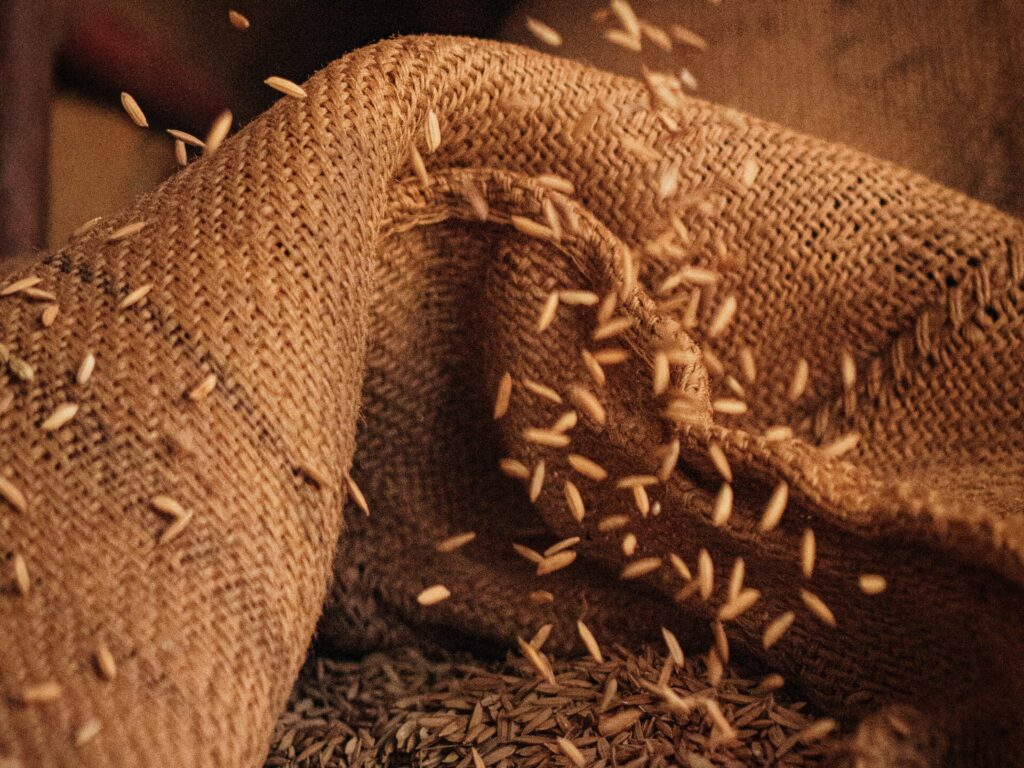
Food Sectors
Seed production
Seed producers grow plants to both supply seed to farmers and crofters, and develop new varieties.
Updated 9 May 2024
Seed certification
To sell seeds for main agricultural crops, you must get it certified which guarantees the quality of the seed sold to producers.
If your crop species is on any of these lists, it must be certified:
Seeds from each species will be certified into different categories. To be certified, your crop variety must also be on the Great Britain Variety List (UK national list) which lists all approved varieties.
Check if your variety is on the national list in the special edition of the Seeds Gazette (published monthly).
If it is not, you can apply to have a variety to be added to the national list (see ‘New varieties’). There are some exemptions for selling small quantities of seed for specific purposes such as developing new varieties and research – read more about exemptions.
Seed categories
After a new variety has been developed, its seed needs to be multiplied to a large enough quantity that meets certification standards before it can be sold to farmers.
Seeds are certified into different categories based on whether they are used to grow more seed or to grow the final crop:
- Categories for beetroot, cereal, fodder, oil & fibre seeds:
- Pre-basic (PB) and basic seed (B) – usually produced by the plant breeder to maintain varietal purity in seed supply.
- Certified seed (CS) of the first (C1), second (C2) and third (C3) generation – can be used to grow more seed or grow the final crop for human or animal consumption. If you want to sell seeds directly to producers to grow crops, it is likely to be C2 seed.
- Category for vegetable seeds:
- Vegetable seeds are usually certified as ’standard seed’ but can also be certified seed of first or second generation.
The quality requirements for each category are different (see ‘Certification process’).
Certification process
The certification process starts before you plant seeds and continues throughout growing the crop (see ’Producing seeds’) to testing the final seed lot (see ’Preparing seeds for sale’). During this process, SASA regularly monitors your seed crop against requirements. The main requirements include:
- Varietal purity/trueness to type: Percentage of your plants/seeds that matches the official description for the variety. Contact SASA for official varietal descriptions or you can access varietal descriptions for cereals online:
- Analytical purity: Percentage of your seed lot that is the seed you want to sell, and not seeds of other species or soil.
- Germination: Percentage of your seed lot that starts to successfully grow.
There are many other requirements, like moisture content and freedom from disease, depending on what species, variety and category the seeds are (see ’Seed categories’). You can find these for specific seeds in the seed marketing regulations (beets, cereals, fodder plants, oil and fibre plants, vegetables) or contact SASA for guidance.
There are various fees involved in the certification process from application to official inspections — check SASA’s Certification Fees & Service Charges (2023-2024).
Read more:
- ‘Seed Testing & Certification’, SASA
- UKSCS Certification of Cereals in Scotland Explanatory Booklet, SASA
Landrace certification
Landraces or locally adapted varieties must be listed in the national list as ‘conservation varieties’. Landrace seed does not go through the official certification process but needs to still meet certification standards, except for minimum variety purity.
To sell landrace seed, you must get an authorisation from Scottish Ministers, and you can usually only grow and market it in the specific area it has developed in.
Contact SASA for more information.
Registering on MySEEDS
MySEEDS is SASA’s online platform for the certification of seeds. You can either create an account to manage your seed certification paperwork online, or use paper forms provided by SASA.
Read instructions for registering on MySEEDS.